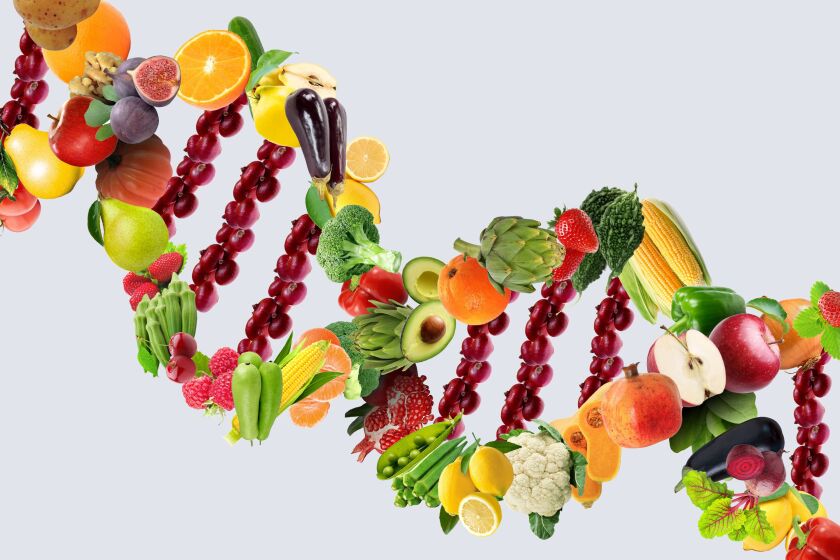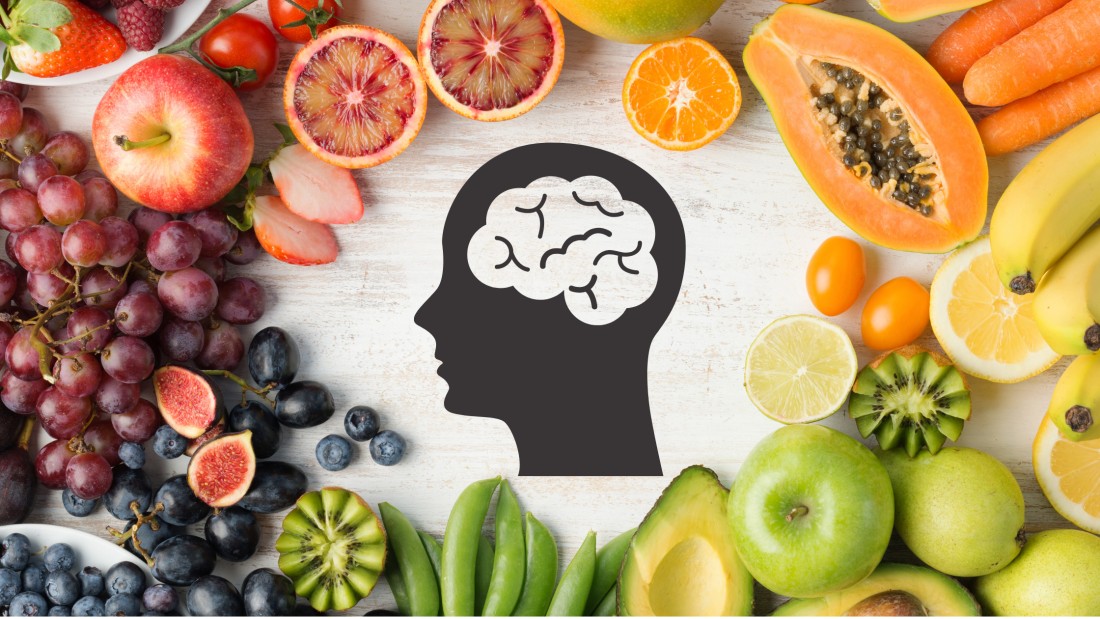By: Daylan Wentland, MS, RD
Do you ever find yourself feeling overwhelmed or confused about how to eat healthfully? Do the latest nutrition and diet trends leave you feeling like you don’t know anything about food? It is not uncommon to come across a variety of too-good-to-be-true nutrition tips, diets, weight loss schemes, and cleanses on the internet and social media right now. We are constantly flooded with weight loss and wellness information, posts, and headlines. Nutrition and health topics consistently trend on platforms like Facebook, TikTok, and Instagram. With all the noise, how can we locate simple and sustainable nutrition information to help ease the stress and anxiety that often accompanies our meal choices?
Unfortunately, sound nutrition advice is often not catchy or headline worthy. You may be surprised by how simple it can be to get adequate fuel for your body when you keep a few basic concepts in mind. This article will walk you through 3 gentle nutrition fundamentals I used every day to support building a healthier relationship with food and your body.

Adequacy
The first, and most important, concept in nutrition is the ability to feed yourself enough food each day. While a lot of nutrition advice encourages different ways to restrict and limit food intake for health, eating enough will always be more important than what you are eating. All the nutrition advice in the world will fall flat if your body isn’t getting enough fuel to support your body’s most basic functions.
Malnutrition, or a deficiency in the amount of macronutrients (fats, protein and carbohydrates) and micronutrients (vitamins and minerals) that your body needs each day, can cause a variety of both psychological and physiological symptoms that are felt all over the body. These symptoms together are referred to as Starvation Syndrome. Starvation Syndrome can happen purposefully, by deliberately restricting the amount and types of food eaten, or by accident, as can be the case when someone has stomach troubles, a low appetite, or trouble focusing on self-care behaviors.
Psychologically, Starvation Syndrome can cause symptoms such as difficulty concentrating, depression, anxiety, withdrawing socially, preoccupation with food, difficulty with memory, and impaired decision making. Physically, Starvation Syndrome can lead to weight changes, hair loss, heart problems, dizziness or fainting, changes in hunger/fullness cues, difficulty maintaining body temperature, and fatigue.
When your body is struggling with some (or all) of these symptoms, your body will be prioritizing survival over health improvement. In the case of Starvation Syndrome or inadequate nourishment, simply eating more will immediately improve a person’s health, even if the person is eating foods deemed to be “unhealthy”. Therefore, adequacy and general food volume can be considered the prerequisite for more specific nutrition considerations like getting enough fiber or eating a specific number of fruits and vegetables.
Consistency
The second most important nutrition concept is overall consistency with the timing and amount of food intake over time. It is important not only to eat enough today, but also tomorrow, and all the days after that as best as you can. This means eating multiple times every day without major gaps in between meals. Eating consistency can be hard to achieve by only eating meals. Working in snacks throughout the day is often the key to consistency and adequacy for most people.
When I work with clients, I often suggest eating either a meal or a snack about every 3-4 hours. This usually results in a dietary pattern of 5-6 discrete eating periods throughout the day. A common recommendation is to aim for eating 3 full meals and 2-3 snacks throughout the day. This is not the only possible pattern, however. Some folks struggle to eat a lot at once and may prefer 6 smaller meals or others may eat a smaller breakfast and a larger lunch and dinner with a variety of snacks. Whichever schedule or pattern works best for you, the most important thing to remember is to begin eating soon after waking and to continue to eat every few hours thereafter until you go to bed for the evening.
Variety
The third and final nutrition concept I will discuss is the importance of variety in the foods and drinks you choose to consume. As I mentioned earlier, both macronutrients and micronutrients are needed for adequate nutrition intake. It can be difficult to get enough of all 3 macronutrients and of the more than 20 micronutrients without varying the kinds of foods you choose to eat.
When choosing meals and snacks, try to eat from all five food groups every day: carbohydrates, protein, fat, fruits and vegetables, and calcium foods (such as dairy, green leafy vegetables, and fortified foods like orange juice or dairy alternatives). If you can, try to get most or all of these food groups in at each meal and at least 2 food groups in at snacks. This doesn’t have to be perfect. Trying to eat from all the food groups most of the time is beneficial even if it doesn’t happen every single day.
Another form of variety to consider is the sensory input of the food you eat. Satisfaction in eating comes not only from the types of nutrition your body is getting, but also the sensory experience of your meals and snacks. Most people would not enjoy eating only liquid food or only foods that tasted salty for the rest of their life. Varying the look, preparation method, taste, smell, and texture of the food you eat will serve to introduce more nutrient variety with little effort as the sensory input of foods is influenced by their make-up and, therefore, the kinds of nutrition they offer.

In Summary
While every person is different and has their own unique nutrition needs, adequacy, consistency, and variety are three important fundamental nutrition concepts that should be considered before sifting through the weeds of more specific nutrition information. The latest news on the ability of plant-based diets to support gut health or a specific supplement to slow aging can sound more trendy and exciting. However, even if the information is factual, your body won’t be able to fully benefit from the nutrition of these foods if your body isn’t getting enough nutrition in the first place.
If these concepts were interesting to you, but you’d like additional assistance with applying them to yourself or would simply like to learn more, consider making a nutrition appointment. Contact our office today to schedule an evaluation to collaborate on the next steps toward improving you or your loved one’s relationship with food and their body.


